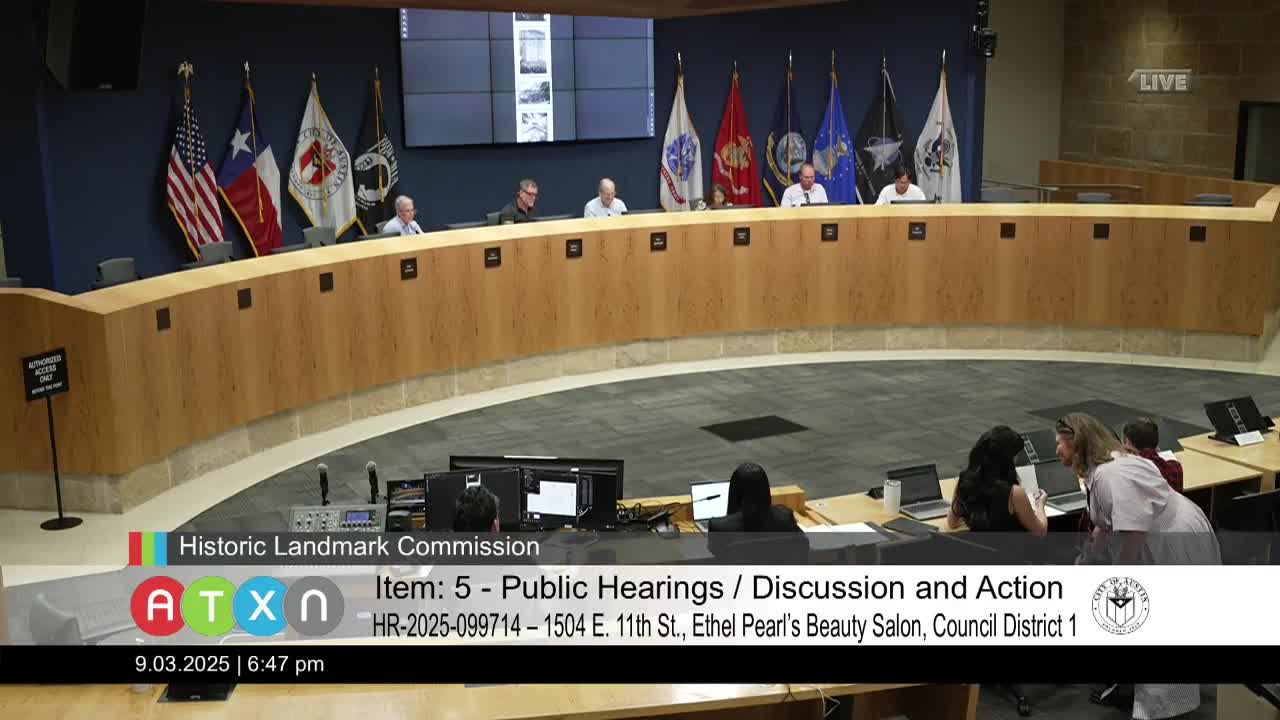Article not found
This article is no longer available. But don't worry—we've gathered other articles that discuss the same topic.
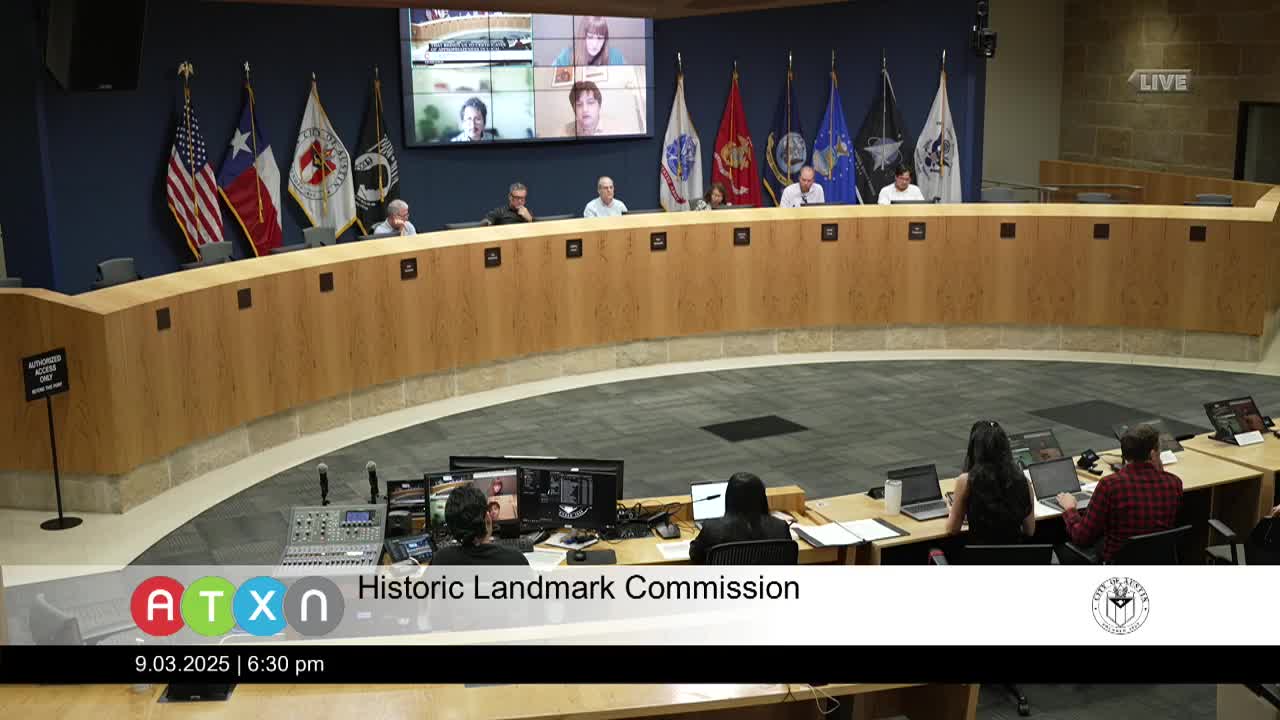
Commission approves removal of masonry ruins at Horton Duvall site, citing safety concerns
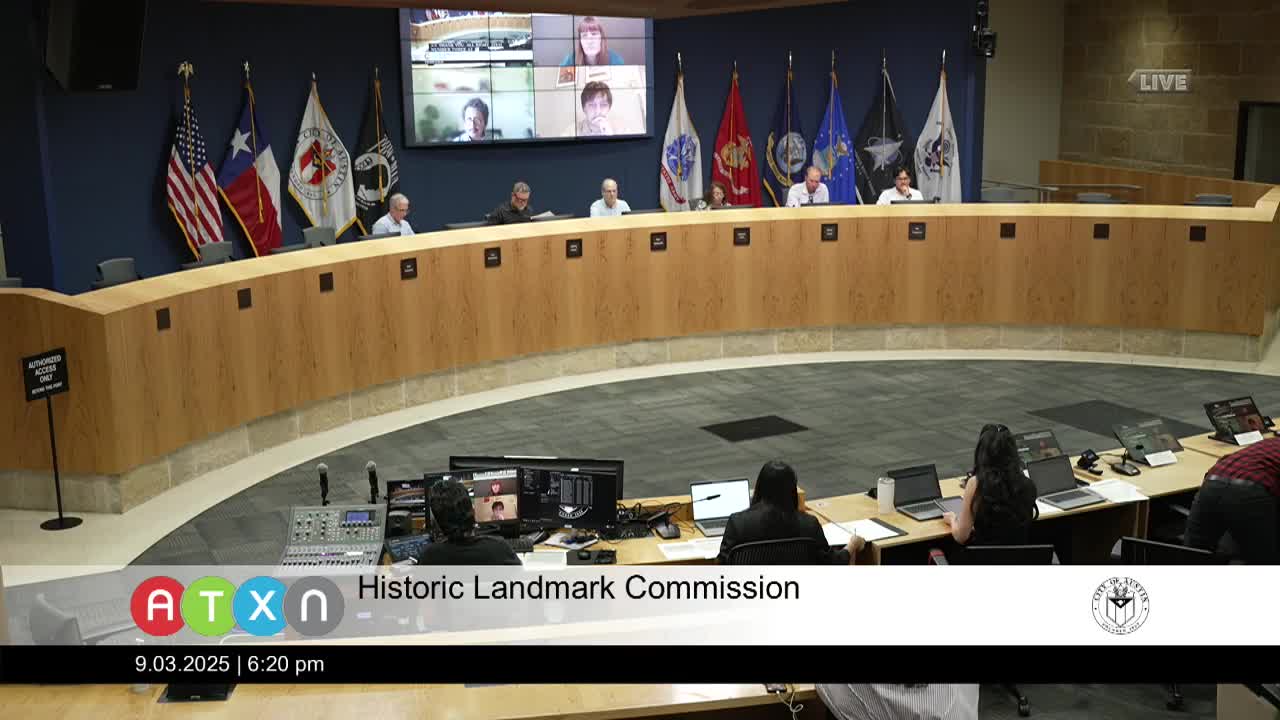
Commission recommends historic zoning for 1712 Rio Grande; owner pledges restoration and nonprofit use
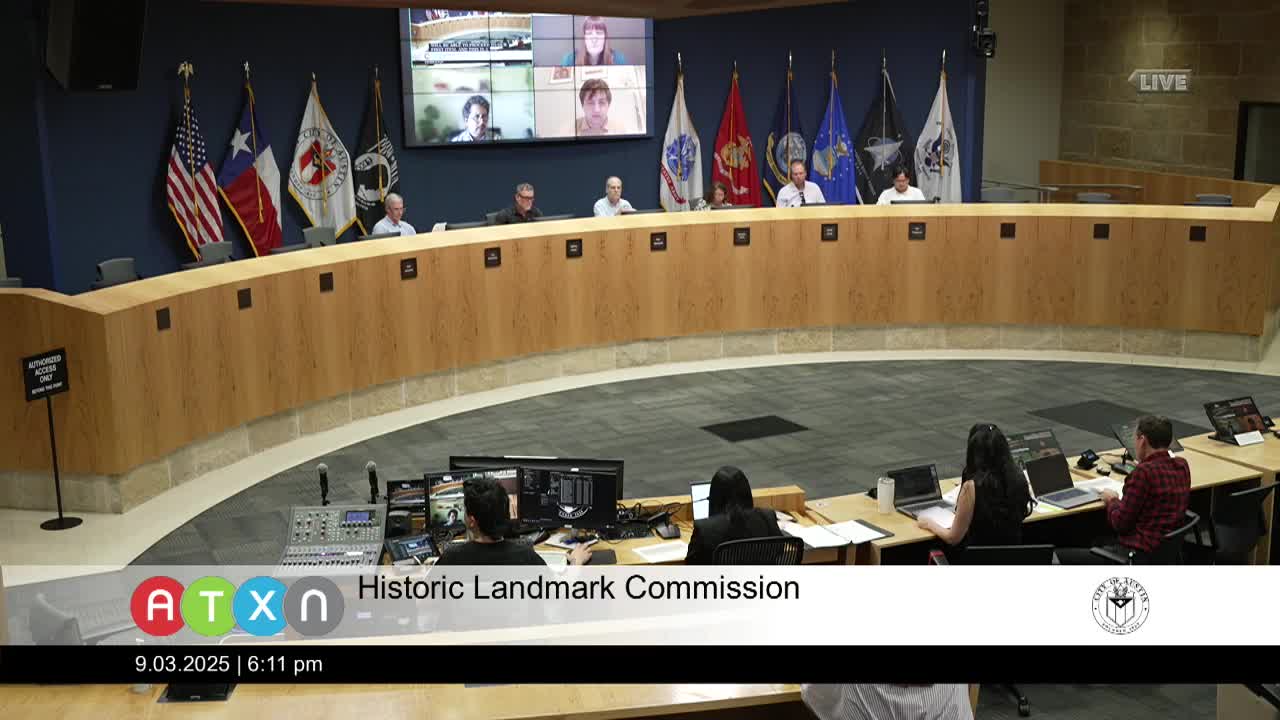
Austin commission releases demolition permit for 607 E. 30th St. pending city documentation
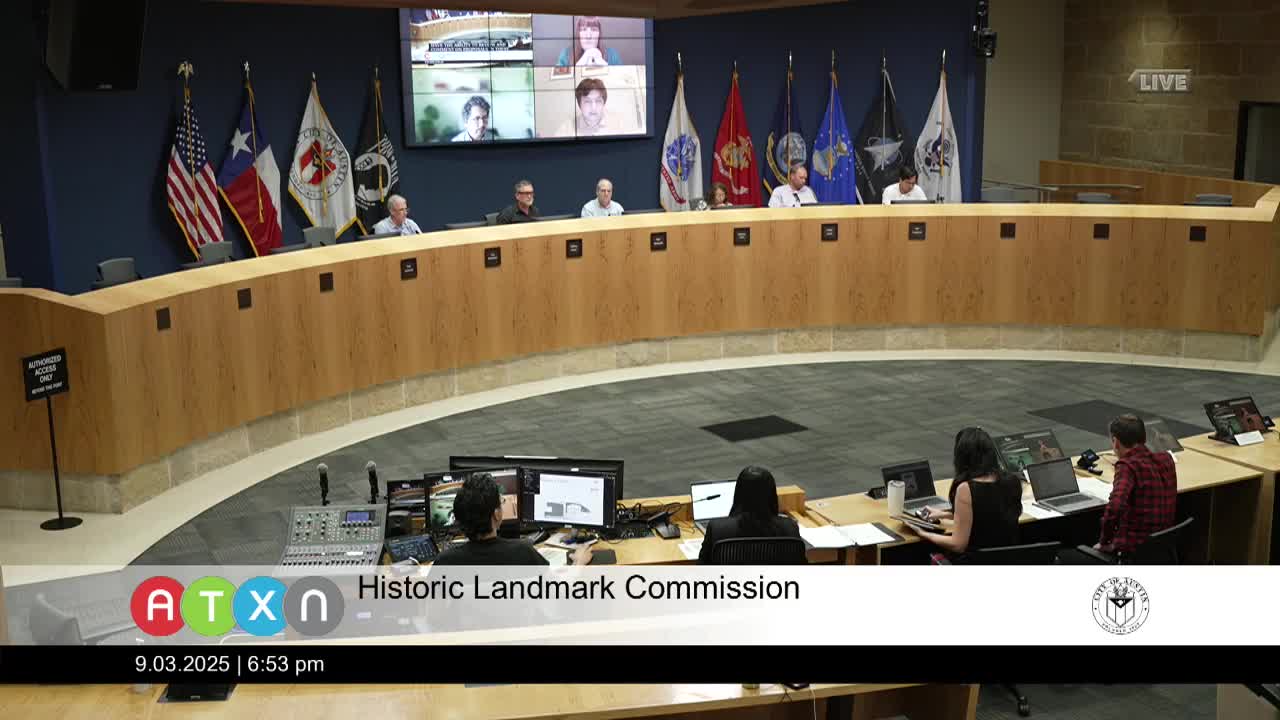
Historic commission delays three demolition cases; asks applicants for more documentation and ARC review
